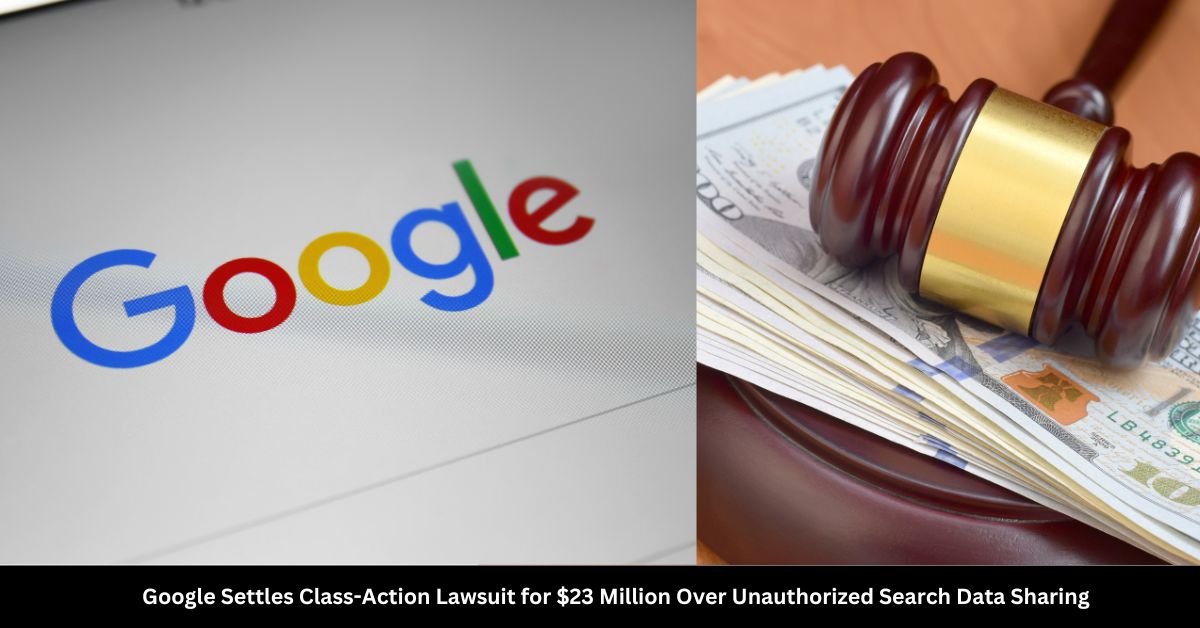Recent news indicates that Google has paid $23 million to end a class-action lawsuit over the unauthorized disclosure of customers’ search queries to unaffiliated third-party websites. According to the complaint filed between October 2006 and September 2013, Google violated users’ privacy rights by disclosing their search history without permission. Google has agreed to the payment while denying the charges and maintaining that it did not divulge any information unlawfully.
Individuals who used Google Search and clicked on search result links within the designated period are included in the settlement class according to the proposed settlement of class action notice. Individuals must decide on participation in the territory, either opting in or opting out, by July 31.
Individuals who do not wish to participate in the settlement can do so by filling out the Exclusion Form available at refererheadersettlement.com. A Class Member ID will be issued upon registration as evidence of the opt-out decision. If you want to be a part of the settlement, you may register for a Class Member ID by filling out the form on the Class Member Registration page. A claim may be submitted on the Submit Claim page once the Class Member ID has been obtained.
Based on the current statistics, approved claims are expected to result in an average payout of $7.70 per individual. Payment amounts are contingent on the ultimate number of valid claims submitted. You can see the tweet below:-
Google Search agrees to pay $23 million settlement and you may be entitled to a portion https://t.co/6QFcAKbIOO
— azcentral (@azcentral) June 14, 2023
The hearing for final approval of the settlement is slated on October 12. Any person who disagrees with the payment must submit a written complaint to the court by July 31. They can also ask the court for a hearing to voice their opposition to the settlement.
Read More:-
- Jerry Springer Net Worth: How Much Money Did He Make on the Jerry Springer Show?
- Keenan Anderson Cause of De@th: Details About How He D!ed Revealed!
Google will update its FAQ and important terms pages in light of the complaint and the conditions of the settlement agreement. These changes are an attempt to make it easier to understand when and why referrer headers are used to share search requests with third parties. Google plans to address the issues highlighted by the lawsuit and guarantee that consumers have a more explicit knowledge of how their information is handled by increasing transparency and clarifying their data-sharing procedures.
Affected parties should read the settlement agreement and then decide whether or not to participate in it based on their circumstances. Individuals can exercise their rights and obtain a potential payout from the settlement if they act before the deadline. Individuals can track the settlement’s development and finalization thanks to regular updates as the process continues.


Leave a Reply